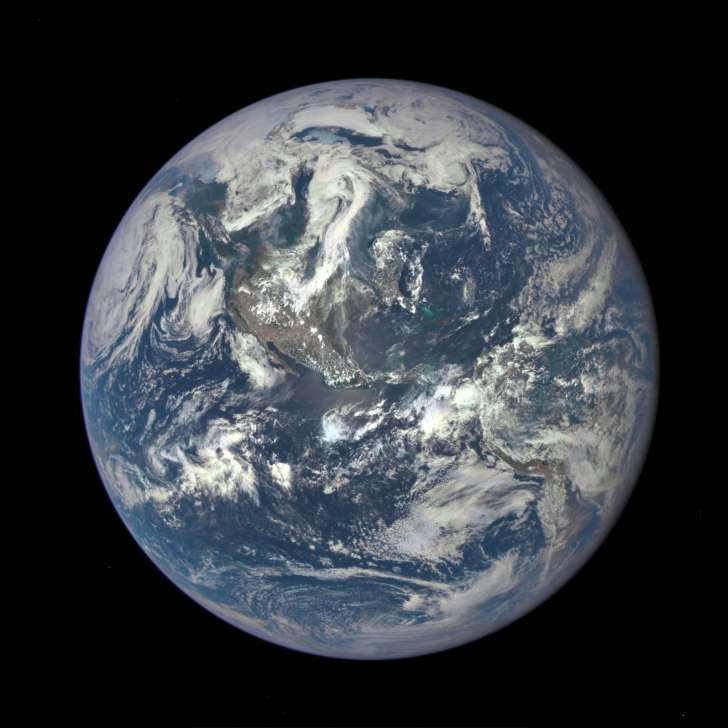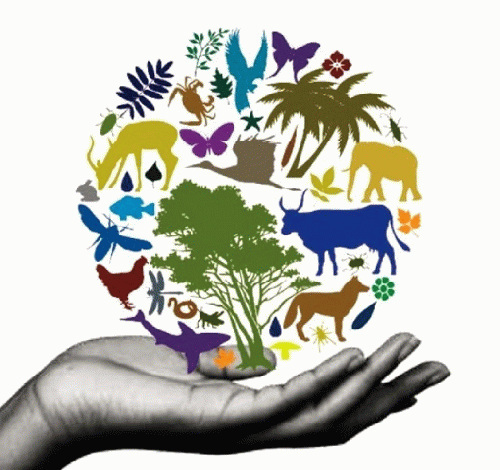How many more catastrophic tipping points are we going to surpass?
How much worse does the weather have to get before we wake up to the destruction we are inflicting on the environment?
Even a half-degree temperature increase puts us on track to experience more hurricanes, coastline inundation, floods, wildfires, drought, food shortages, mass human and animal migrations, and ecocide.
According to a recent Swiss Re insurance firm report, more than half of global gross domestic product (GDP)--$42 trillion--relies on high-functioning biodiversity.
Yet one-fifth of countries are in danger of ecosystem collapse because of wildlife and habitat destruction.
Oliver Schelske, the report's lead author, states:
"A staggering fifth of countries globally are at risk of their ecosystems collapsing due to a decline in biodiversity and related beneficial services. If the ecosystem service decline goes on [in countries at risk], you would see then scarcities unfolding even more strongly, up to tipping points."
Swiss Re Chief Research Officer, Jeffrey Bohn, added:
This is the first index to our knowledge that pulls together indicators of biodiversity and ecosystems to cross-compare around the world, and then specifically link back to the economies of those locations.
Scientists identified ten key ecosystem components that went into the study, including availability of clean water and air, food, timber, pollination, fertile soil, erosion control, coastal protection, and habitat integrity.
Countries with over 30% of their total area determined to contain fragile ecosystems are deemed at risk of their ecosystems collapsing.
Only one in seven countries have intact ecosystems spanning more than 30% of their total area.
Last month, the United Nations revealed the world's governments failed to meet a single target intended to hamper biodiversity losses in the past ten years.
Many leading scientists warned last year humans are in jeopardy from the planet's natural life-support system's accelerating decline, resulting in over 60 national leaders pledging to halt it.
In 2018,the Intergovernmental Panel on Climate Change (IPCC) released an alarming report stating the world has 12 years to halt coal consumption and slash carbon dioxide emissions to prevent the atmosphere from warming more than 1.5 degrees Celsius (34.7 degrees Fahrenheit) over pre-industrial levels lest we lock-in irreparable damage and climate-fueled environmental destruction.
(Note: You can view every article as one long page if you sign up as an Advocate Member, or higher).






